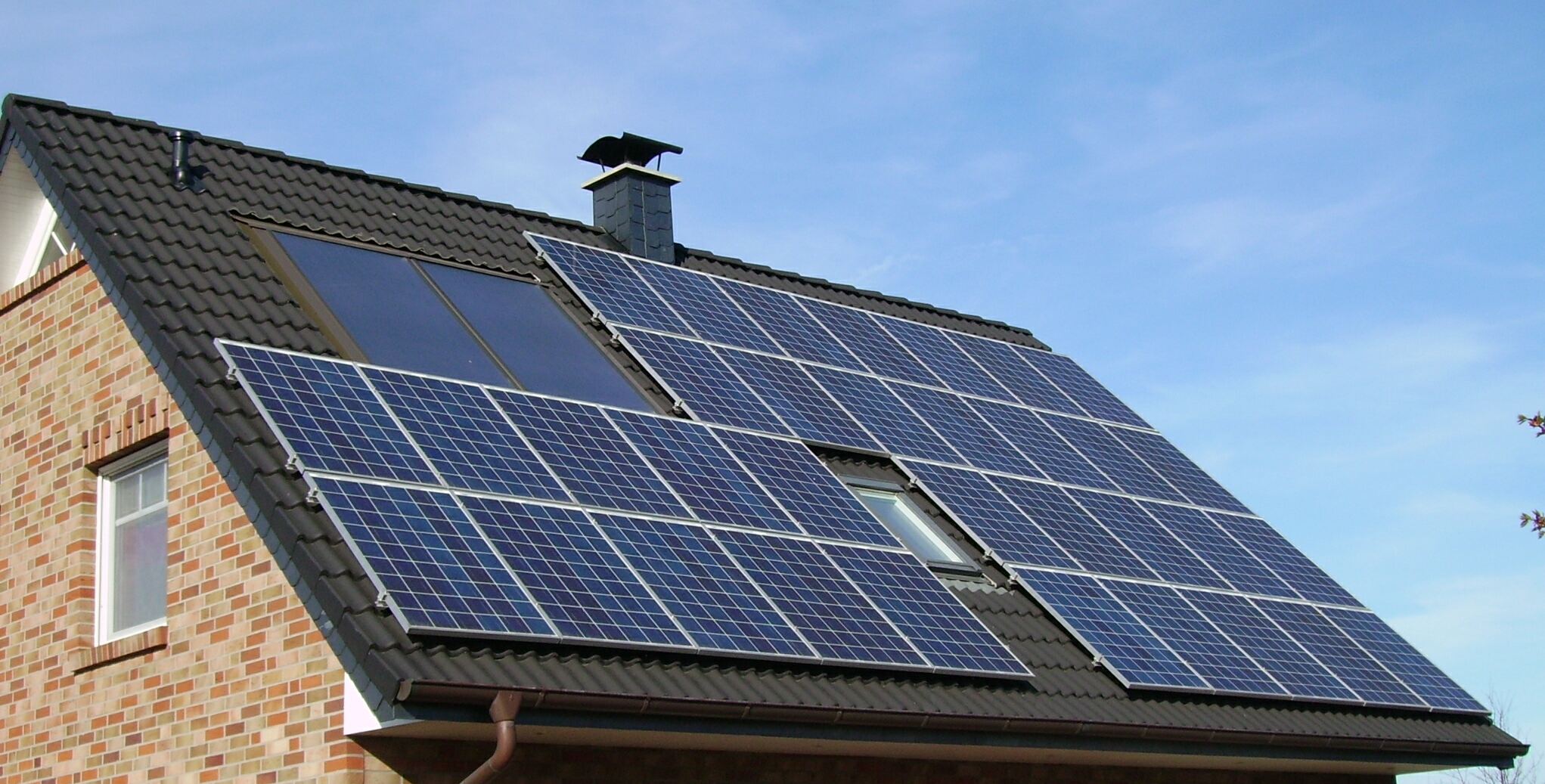Letter: Generator Tips
Good morning, Hugh, I thought I might pass along a tip or two about generators. I have several, the most used being one of a pair of Honda EU2000i, which does constant duty as an “unlimited length extension cord” around the property. The other is a much less portable 6500 watt unit, which lives in “hurry up and wait” mode in case power fails and the well pump is needed. I’ve got a homemade kit to couple the 2000s together to double the output, if I find I need some more “portable watts” for a power tool. The second EU2000 …


